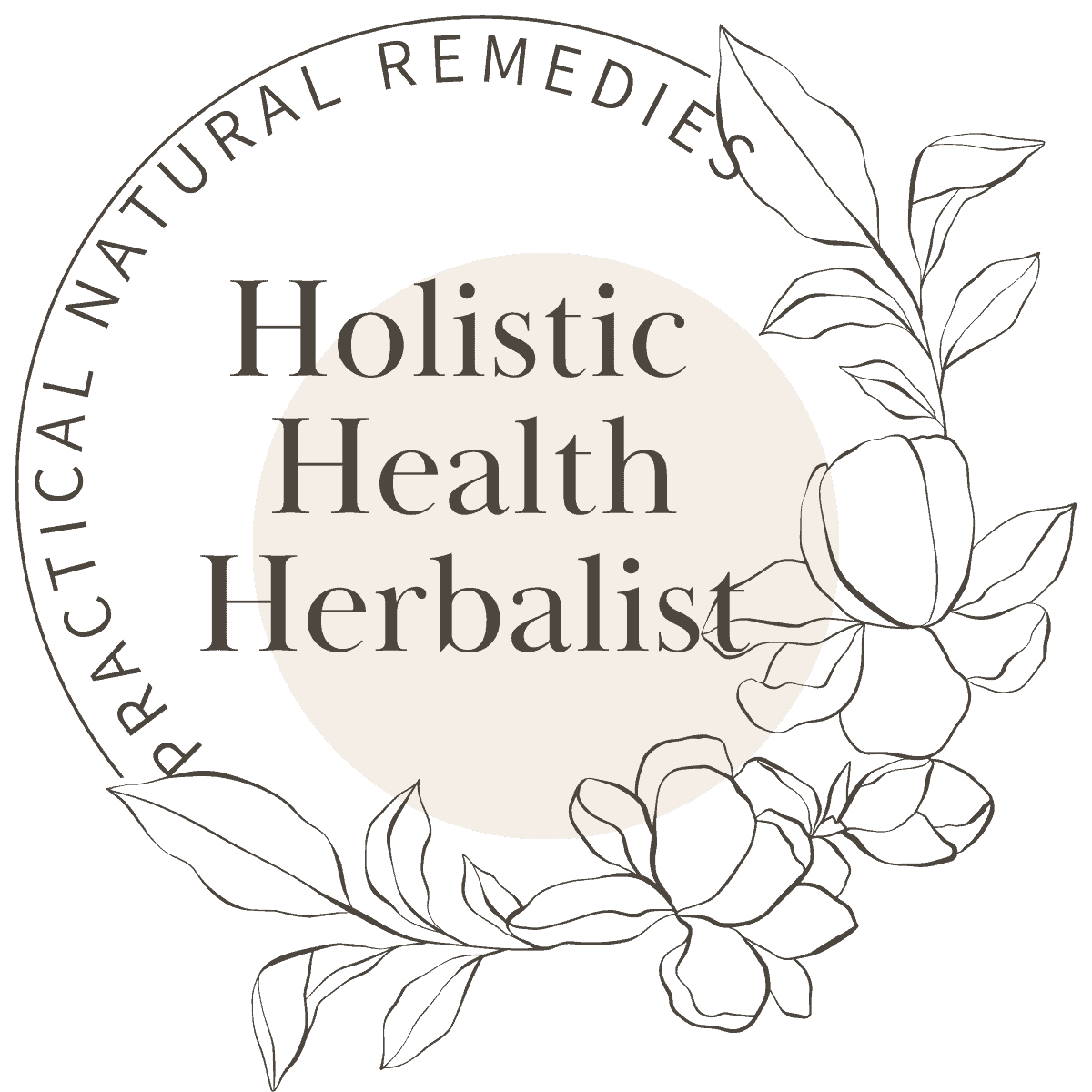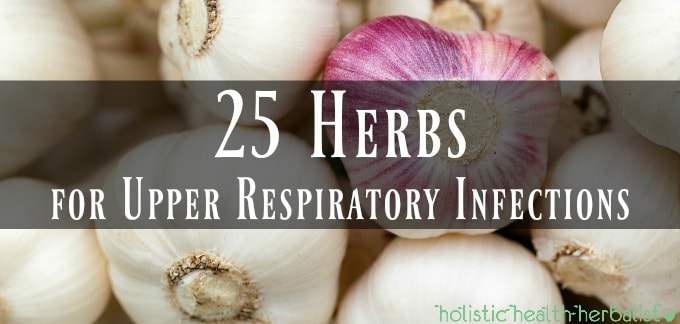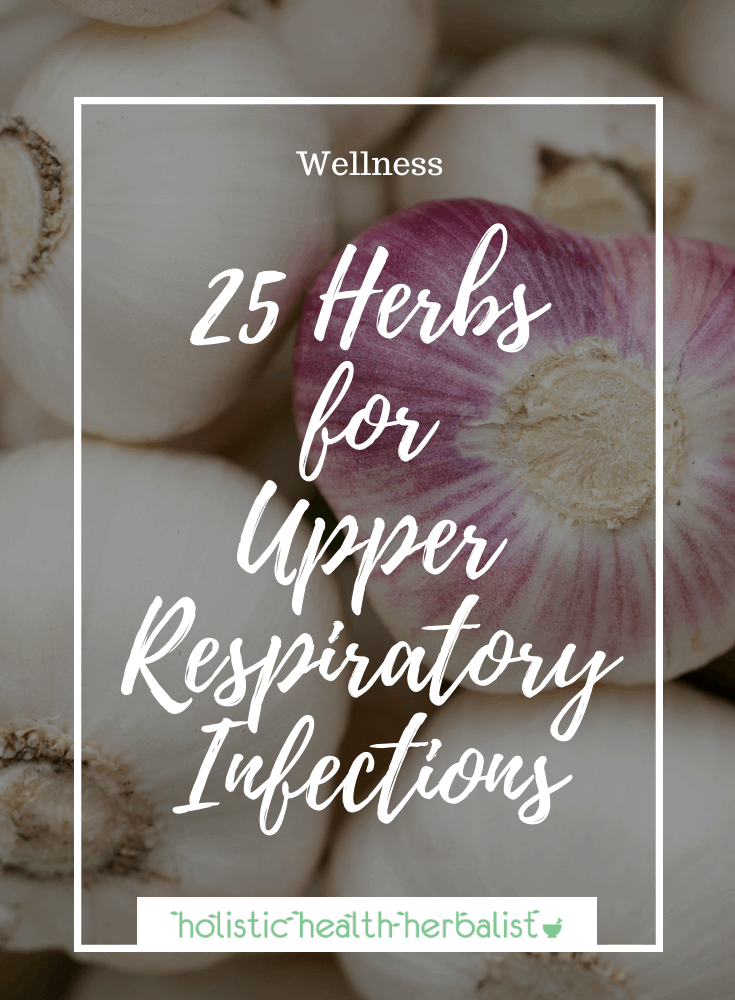Supporting our respiratory system is more important than ever and herbs just happen to be some of the best allies you can have in times like these. Not only can they ease symptoms by assisting your body’s natural responses, but they can also shorten the duration of seasonal illness. Some herbs can even help protect us against catching circulating nasties, to begin with.
Today, we’re going to go over some of the best herbs for supporting lung function during an upper respiratory infection.
One of the main symptoms of what’s going around currently (hint hint, nudge nudge) is a mild to severe cough and shortness of breath or difficulty breathing which can, in serious instances, morph into pneumonia in both lungs.
So, if you or someone you know comes down with these symptoms, you will know which herbal remedies can help support your body that aren’t too difficult to get your hands on.
Obviously, none of this should override what your doctor says. Do your research to make sure that you can use these herbs safely depending on medications you take and conditions and illnesses you may have (like being pregnant, taking blood thinners, etc.)
Having said all of this, let’s get into the herbs!
***NOTE - If you have trouble finding what you need, I encourage you to try iherb.com or mountainroseherbs.com
The Top 25 Herbs for Upper Respiratory Infections
When dealing with an upper respiratory infection, most people reach for OTC medications to help suppress their symptoms.
Unfortunately, this actually causes more harm than good.
When the body utilizes its coughing reflex, it is trying to expel mucus and irritants from the lungs, especially if there is an infection present. Using OTC meds can actually “hold in” the infection within the lungs and make your illness and symptoms last much longer.
Not only that, suppressing a cough can allow us to continue overworking ourselves and not drinking enough fluids. This will only exacerbate the situation.
Herbs really shine during times like these because they support and assist the body’s natural functions. In doing this, you can soothe an incessant dry cough or help make your cough more productive.
In order to do this, you must first determine what type of cough you have – Productive or Unproductive.
What is a Productive Cough?
A productive cough is one where you have lots of mucus being produced that is expelled every time you cough. This is also known as a wet cough and is often associated with bronchitis and similar illnesses.
The best herbs to use for wet cough are known as stimulating expectorants. They help your body get as much of that mucus out of your lungs as possible and, in doing so, help you get well faster.
Herbs that are stimulating expectorants include:
- Bee balm
- Cayenne - you can also get this as a capsule or tincture
- Elecampane
- Garlic
- Ginger - you can also get this as a tea, capsule, or tincture
- Horehound - you can also get this as a tea
- Horseradish
As you can see, many of these herbs can be found in the produce section of your local grocery store! If not, check the spice aisle as you can often find a bottle of cayenne pepper, garlic, ginger, and horseradish powder in the spice section.
My favorite way to use these herbs for upper respiratory infections is by making a fire cider using either fresh or powdered herbs.
You can learn how to make traditional fire cider HERE and a quick instant fire cider HERE.
Taking fire cider several times a day either as a wellness shot (diluted with a little water) or in your food is a great way to help loosen phlegm and open up the lungs.
This will help you breathe a bit easier, boost immunity, and help your body expel the infection.
You can learn more about my favorite herbal remedies for wet cough HERE.
What is an Unproductive Cough?
The second type of cough is the kind that leaves you hacking non-stop. This can either be a cough with mucus that will not come out or a dry and incessant cough that takes you off guard and causes you to have to excuse yourself from social situations while you “die of hacking”.
This is because it feels like you have a tickle in your throat you can’t control.
These dry unproductive coughs produce strong spasms that can even leave your chest and throat sore from coughing so much.
What’s worse is they can last for weeks and often keep you up at night leaving you sleepless and exhausted.
The best herbs for a dry unproductive cough are called demulcent herbs which help soothe and moisten the lungs and ease dryness and irritation.
Demulcent herbs include:
- Aloe vera - gel or juice
- Comfrey - you can also get this as a tincture
- Licorice root – you can also get this as a tea, or capsule (great for pneumonia!)
- Mallow
- Marshmallow root - you can also get this as a tea, capsule, or tincture
- Rosehips - you can also get this as a tea
- Slippery elm - you can also get this as a lozenge
- Violet
Thankfully, these can also be found at your local health food store, often as tinctures or capsules.
The aloe can be found as a drinkable gel or juice that can be taken in small quantities daily.
The next category of herbs for a dry unproductive cough is antispasmodic herbs.
Antispasmodic herbs help ease the urge to cough by relaxing the muscles. They help suppress your cough which is good in this specific situation since it allows the body to rest and heal.
Antispasmodic herbs include:
- Chamomile - you can also get this as a tea, tincture, or capsule
- Cramp bark - you can also get this as a tincture
- Ginger - you can also get this as a tea, capsule, or tincture
- Lemon balm - you can also get this as a tea, tincture, or capsule
- Lobelia (use with caution! Excellent for opening the lungs when used properly and one of the best herbs for upper respiratory infections)
- Mullein
- Passionflower - you can also get this as a capsule or tincture
- Valerian - you can also get this as a capsule or tincture
- Wild cherry bark
If you know a bit about herbs, you will notice that many of these make you sleepy and are best taken at night. Mullein, cramp bark, ginger, and to an extent, wild cherry bark (this one is mildly sedative) can be taken during the day as they don’t make you sleepy.
These herbs can be found at your local health food store in the supplements section.
You can learn more about my favorite dry cough remedies HERE.
If you can’t find any of the herbs mentioned in the article (crazy times right now!) then try and get your hands on some thyme, either dried or fresh. Fresh is better if you can get it.
Make a strong tea (about 1 teaspoon of thyme in 8oz of water) and drink it every 1-2 hours. The tea does not taste great but it will help with most coughs.
Lastly, be sure to consume plenty of fluids and get lots of rest!
What have been your favorite herbs for upper respiratory infections? Please share in the comment below!
You may also enjoy reading:
Kitchen Medicine 101- How to Make an Immune Boosting Garlic Honey
Usnea Tincture – The Lungs of The Forest
12 Home Remedies for Cough That Actually Work!
20+ Effective Essential Oils for Cough








Micki says
Great resource! Thanks!
Tash says
You're welcome, Micki 🙂